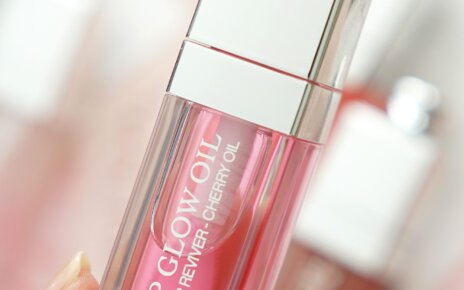Technology has made it incredibly difficult to focus on anything for an extended period of time.
With websites and apps that never end, it’s pretty easy to get distracted by your phone or computer.
Minutes pass by unnoticed, specifically during the moments in which a social media platform is on the screen or you’re browsing through Spotify or YouTube.
Evan Orsini, a freshman biology student, admitted that YouTube often pulls him away from his assignments.
Orsini mentioned that once something has your attention, “It’s difficult to peel your eyes away from it.”
There are so many distractions unrelated to technology as well.
For instance, your surroundings are a huge impact on whether or not you can zone out the movement and noise around you and this plays a significant role in the amount of work you’re able to get done.
Many of us are guilty of being nosy and interested in what others are doing which is why we often find ourselves looking away from tasks.
Instead, we observe a mother across the room who’s digging through her run-down diaper bag and speculate what she could be looking for.
The events keep happening and now you are looking at everything besides the work you were trying to do.
You look back at the task laid out before you and suddenly it all seems foreign; like a faraway concept that you have no recent memory of partaking in.
Eventually, your subconscious minimizes the task for a later time despite the failed attempts to focus back on it.
This is where the social media browsing takes place since we feel our brain needs to rejuvenate with posts relating to celebrity updates and a fluctuation of mundane versus life-altering posts made by hometown friends and family.
You hope once the routine of checking Snapchat, Instagram and Twitter are complete that you’re ready to get back to the task.
Guess what? You’re not. And the cycle continues.
Mala Jayatilleke, adjunct professor of chemistry and physics gave input on the topic.
Jayatilleke talked about the importance of setting goals and rewarding yourself. “Every ten or twenty minutes, take a break.” Brain breaks are important for students.
Jayatilleke contnued in saying that everyone is different so disturbances affect us all in different ways.
Preferences vary from student to student on what circumstances are better to study in.
A quiet room is typically better to concentrate overall, though some find a noisy room easier to organize their thoughts. Perhaps silence adds unnecessary pressure to be perfect.
Some people could have an opinion in saying that rooms filled with people chatting allow the student to, ironically enough, find comfort in the ordinary.
Instances of casual conversation, drinking coffee, and pulling hair behind your ear are three examples that each one of us can relate to and surrounding yourself with mundane, worldwide tendencies like these provides clear priorities.
It’s easy to get caught up in the task, though environments such as Starbucks or Barnes and Noble maintain a sense of the world outside of the assignment before you.
In some way, it’s better and healthier to sit in a public place to get assignments done. Noise, whether it’s muffled discussion or the unapologetic preparation of an almond milk latte from the barista behind the counter, is good.
There are many difficulties with studying in a noisy place, though all of them can be maintained.
First, find a more isolated area within the walls of the public place where you choose to study.
A corner table or a seat against the wall at a point where not a whole lot of people walk by.
The idea is to find the balance between noise and segregation.
You want to be aware of the echoes of disturbance but not directly involved inside or between them. Consider yourself a bystander of noise.
Another useful tip could be to find a good playlist. The songs should range from your likings to having songs that you won’t find yourself singing.
Playing music you know may have you get too distracted by the music and it will take the focus away from the task.
Music without lyrics is ideal, but don’t find an instrumental song that will put you to sleep.
Keep the volume low enough that you can hear it but not high enough that it consumes your thoughts.
This varies just like anything though; some people can only focus with their favorite tunes on full blast.
Senior psychology student, Erica Balman said that her headphones are an extension of her body.
She continued with, “I always wear Beats because they are noise canceling and you can be anywhere and be super focused on what you’re doing because the outside world is so blocked off.”
There are many ways to go about figuring out what works for you.
Your personality likely mirrors the environment that suits you.
Listen to that and you may find yourself focusing more than getting mixed up with distractions.
PHOTO TAKEN by Cassandra Capozzi-Smith



